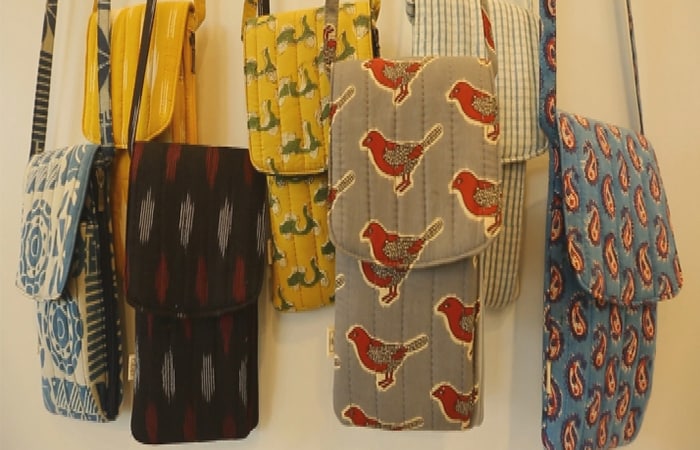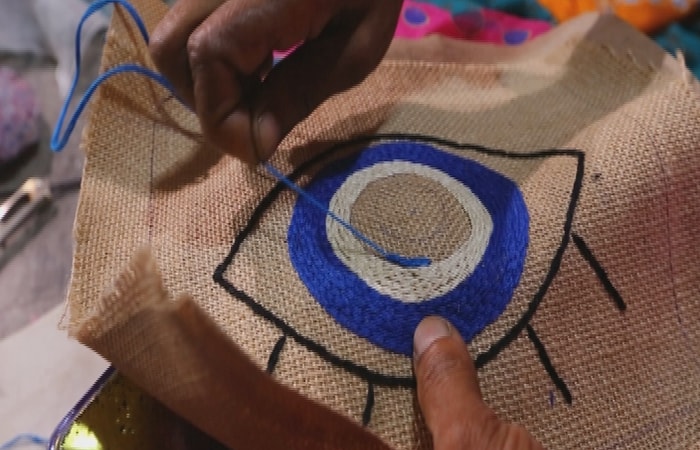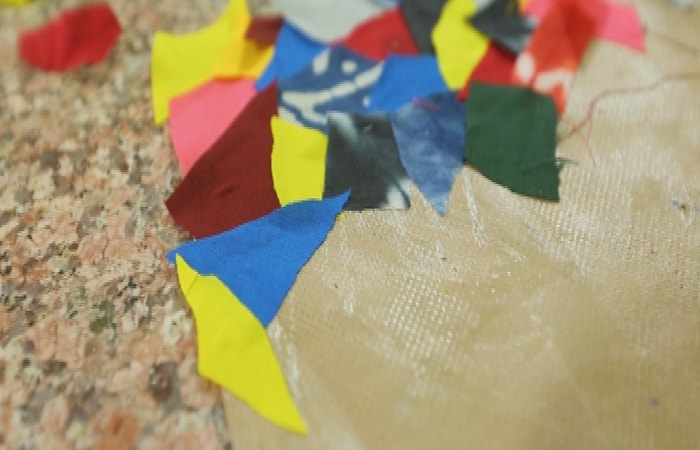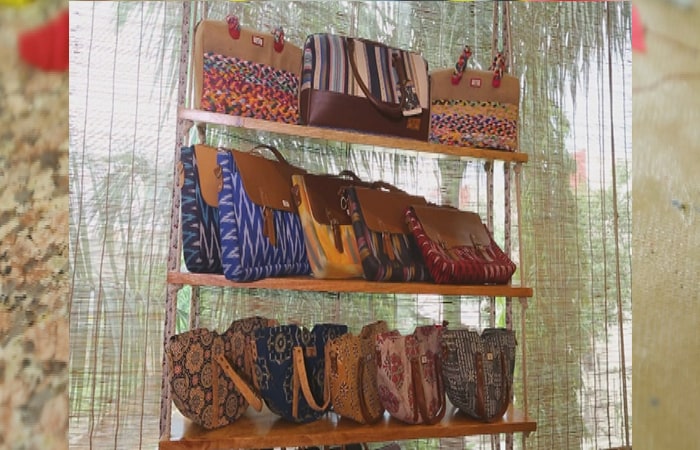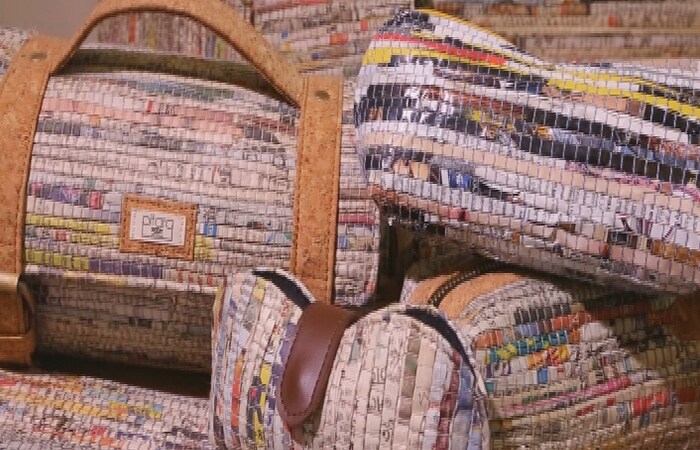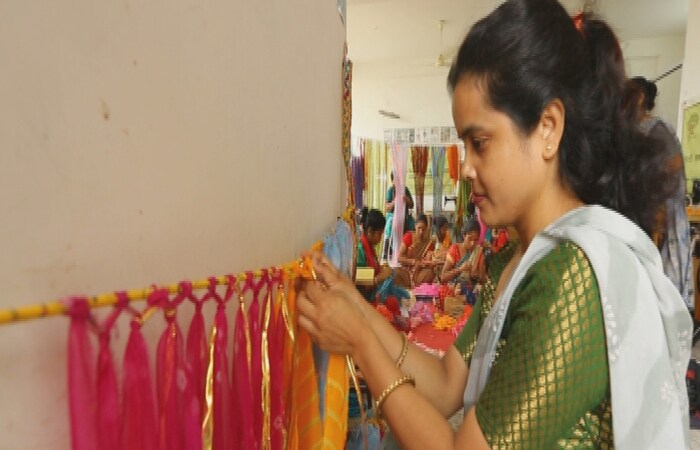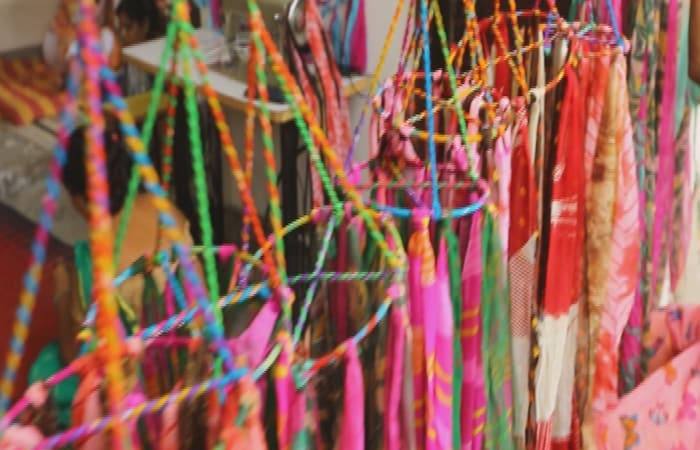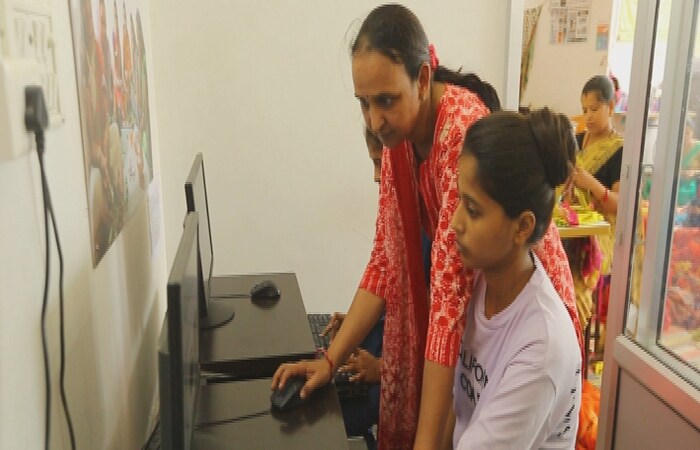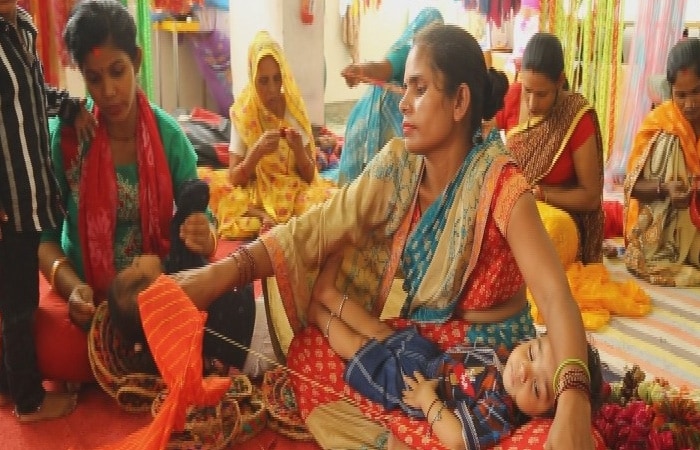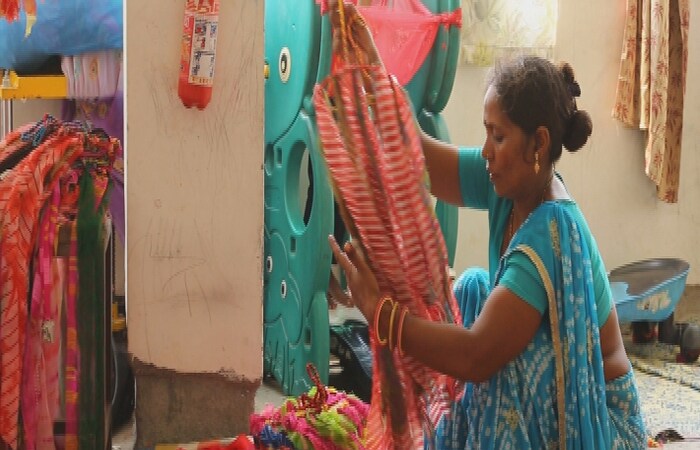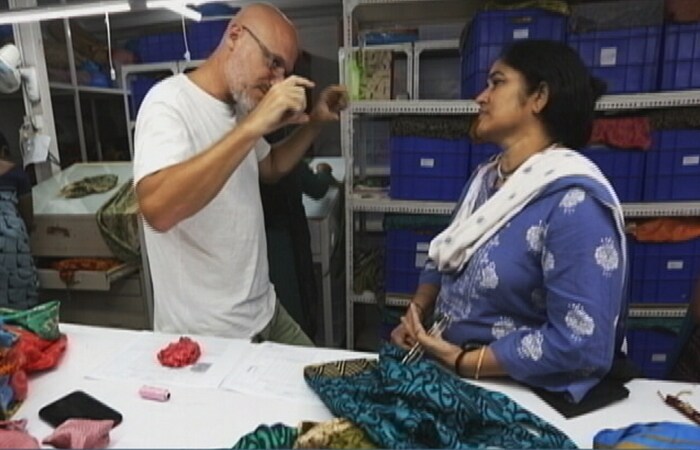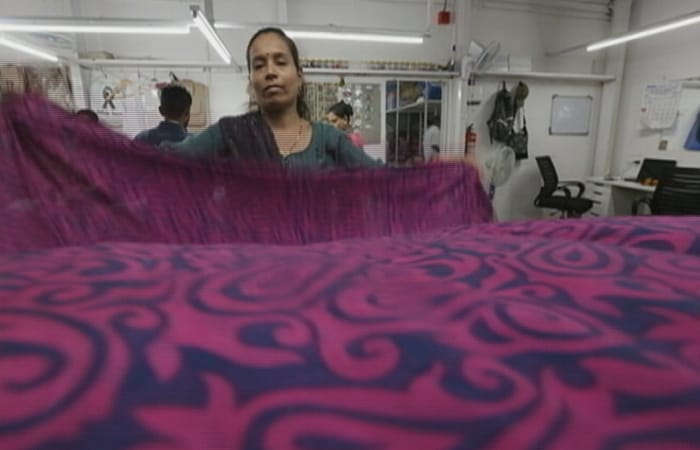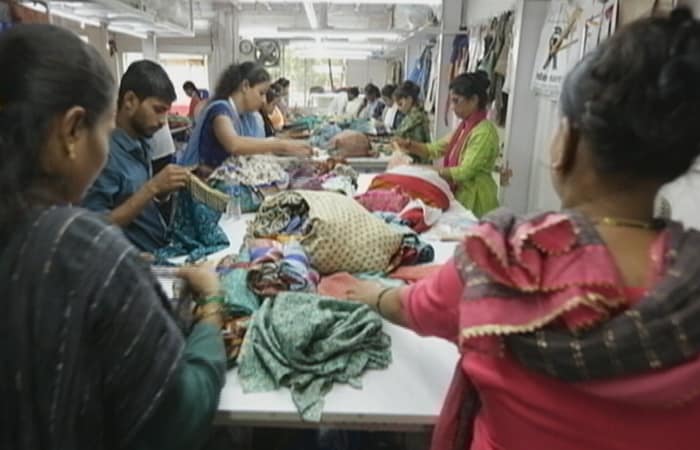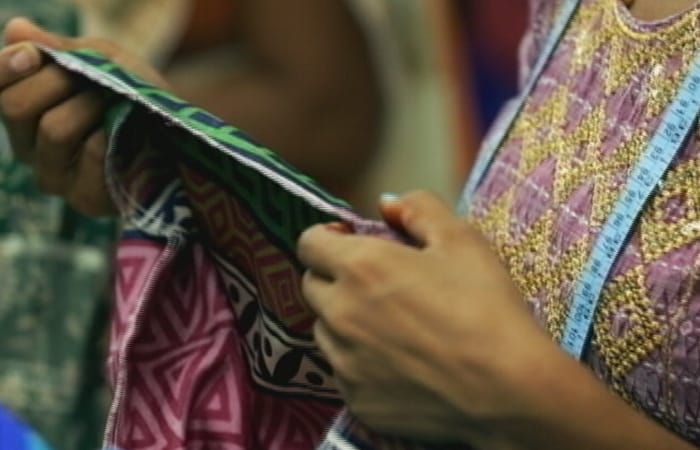Giving A New Lease Of Life To Old Sarees By Making Re-Usable Products
Not rarely in India, clothes are worn and passed on to a younger sibling or someone in need. This re-use giving a new avatar and a whole new life to a retired piece of clothing is called upcycling by the fashion industry. Pitara, SETU and 'I Was A Sari' are giving a new life to old sarees by making re-usable products.
-
Sibling duo Rini Mehta and Rohan Mehta set up Pitara, meaning treasure box in Hindi, to upcycle old sarees into aesthetically pleasing products like bags that suit the modern lifestyle. To begin with, Rini and her brother Rohan used old sarees from their home.
-
Managing the heavy volume of waste scraps, and turning them into economically valuable products was one of the first challenges Pitara faced. Rini, co-founder of Pitara started segregating cloth scraps and worked systematically on how to put the scraps to good use.
-
SETU (Society For Empowerment and Trade Upliftment of artisans), a non-profit society has become a bridge between the international market and the artisans. They promote economic, social, and environmental sustainability while ensuring workers can earn a livelihood.
-
Many of you would recall how your mother or grandmother would barter old clothes for new utensils. That's where SETU sources old sarees, through a traditional barter system or scraps from the market and export houses. Following a zero-waste process, even the smallest scrap is used in making a product.
-
The core principle of SETU is to uplift underprivileged artisans and minorities with a special focus on women's empowerment. They also work towards eradicating child labour through education, with emphasis on educating the girl child. SETU Society creates those products that would generate higher revenues for the artisans while ensuring their health and safety in making those products.
-
Though 'I Was A Sari' is a brand making accessories with pre-loved sarees, there is more to what makes them a pro-sustainability brand: empowering female artisans from underprivileged backgrounds. In 2021 alone, 'I Was A Sari' gave employment to more than 175 female artisans. The brand is creating a social impact by not only providing skill development to its artisans but also providing them with medical support.

